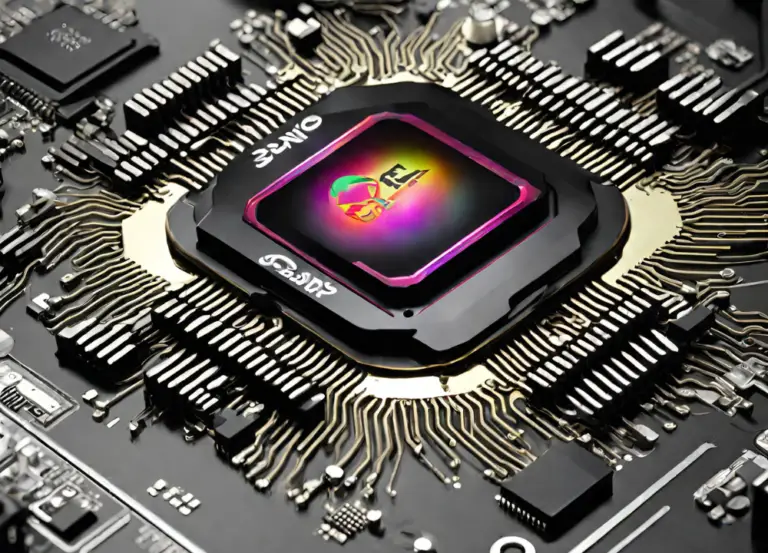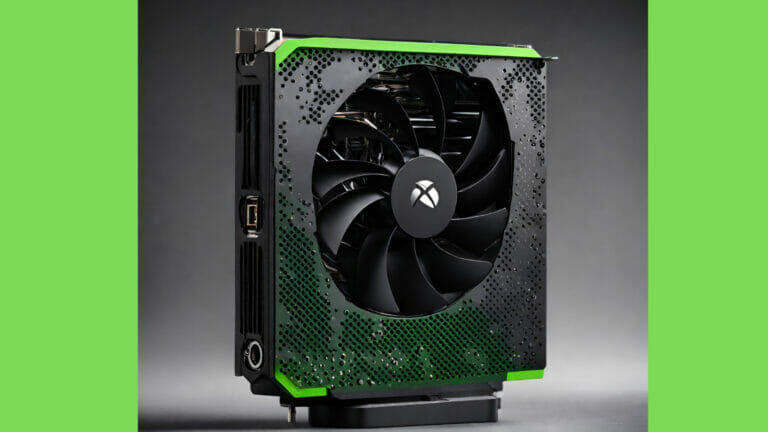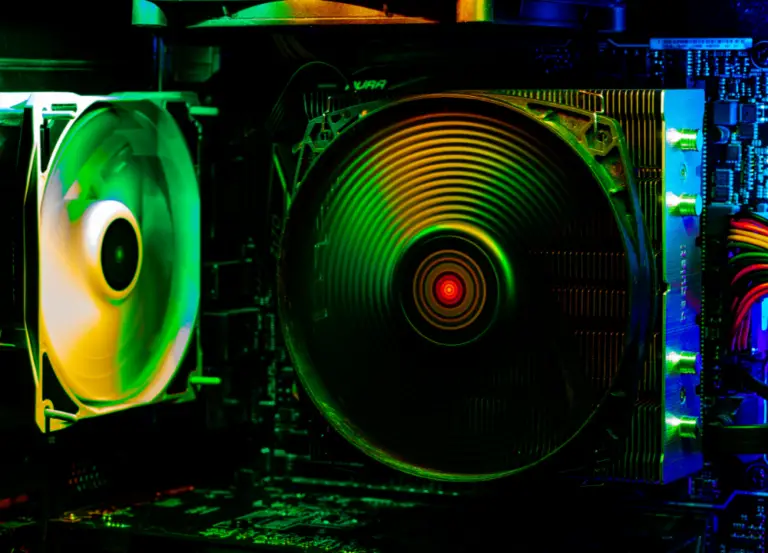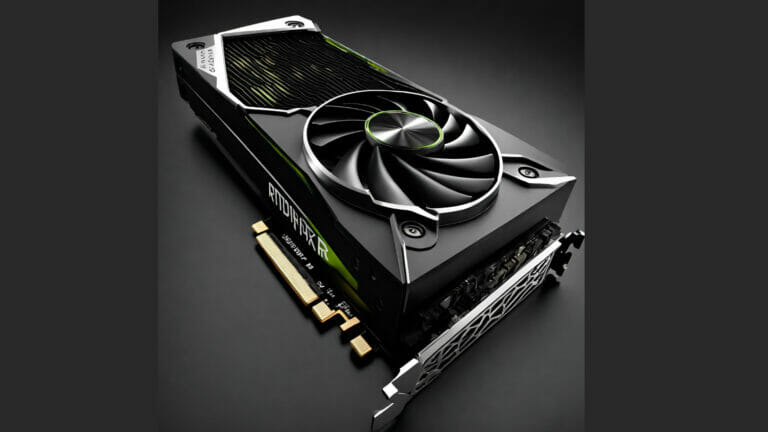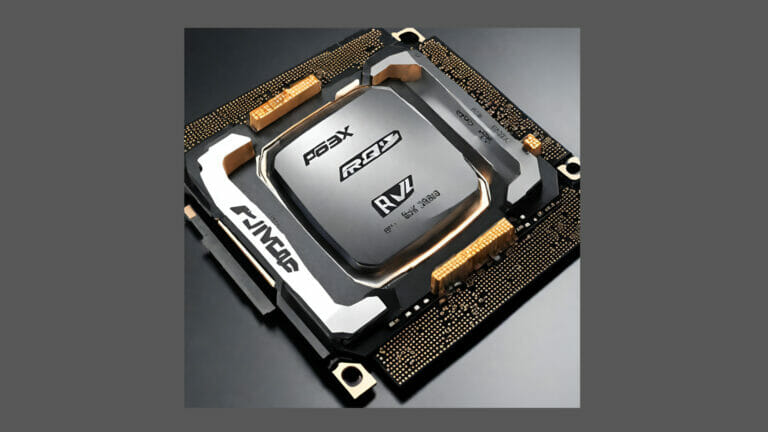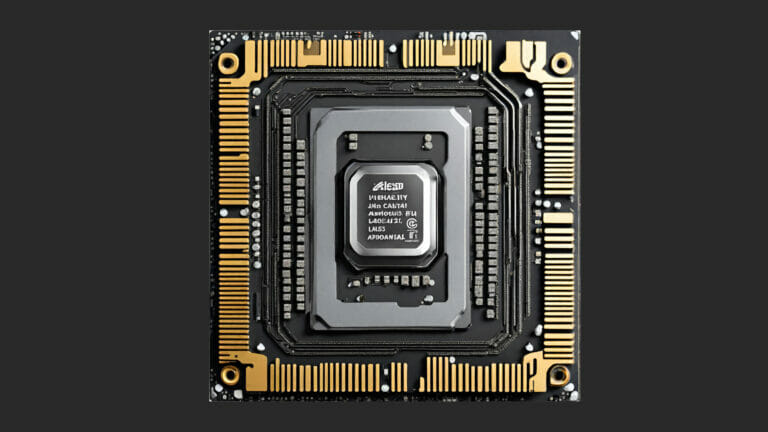Lga1200 Cpu: Unleash the Power!
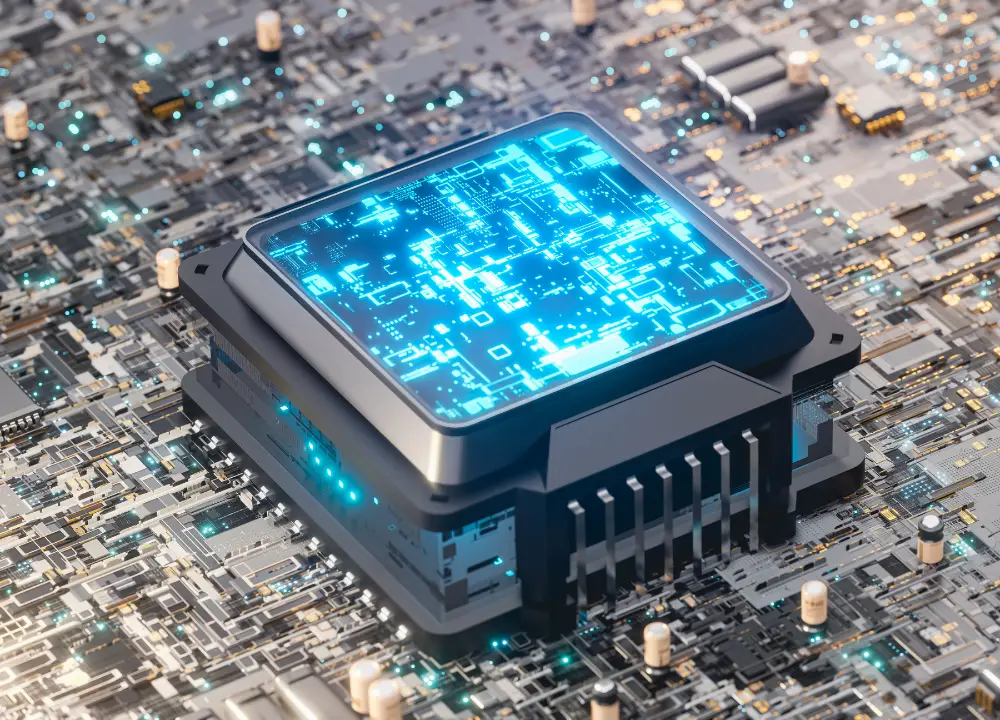
LGA1200 CPU is a type of socket used for Intel’s 10th and 11th gen desktop processors. It features a pin layout that is different from previous versions, allowing for more efficient power delivery and improved performance.
The LGA1200 CPU socket is designed for Intel’s latest generation desktop processors, offering improved power delivery and better overall performance. This socket type is essential for accommodating the latest Intel 10th and 11th gen CPUs, providing users with enhanced computing capabilities.
As the technology evolves, LGA1200 CPU sockets ensure compatibility with the most advanced processors, making them a crucial component for any modern desktop setup. With its advanced features and performance enhancements, LGA1200 CPU sockets are essential for users who require cutting-edge processing power for gaming, content creation, and productivity tasks.
Introducing Lga1200 Cpu
LGA1200 CPU is the latest innovation in computer processor technology, designed to provide exceptional performance for gaming, video editing, and other demanding tasks. With its advanced features and improved socket compatibility, LGA1200 offers a seamless upgrade path for PC enthusiasts and professionals alike. In this article, we will explore what LGA1200 is, its evolution from LGA1151, and why it is worth considering for your next CPU upgrade.
What Is Lga1200?
LGA1200, or Land Grid Array 1200, is a socket type that is used for the central processing unit (CPU) on desktop computers. It is the successor to the LGA1151 socket and is exclusively designed for Intel’s 10th and 11th generation processors. The LGA1200 socket has 1200 pins and a different pin configuration compared to its predecessor, allowing for more efficient power delivery and improved performance.
Evolution From Lga1151
The LGA1200 socket represents a significant evolution from the LGA1151 socket. While LGA1151 was originally introduced with Intel’s 6th generation processors, it saw compatibility with subsequent generations through BIOS updates. However, with the introduction of the 10th generation processors, Intel decided to introduce the LGA1200 socket to offer enhanced features and better performance.
The LGA1200 socket supports newer technologies, such as DDR4-2933 memory, and increases the number of PCIe lanes for improved connectivity. It also introduces Intel’s Thermal Velocity Boost technology, which dynamically increases the clock frequency in response to workload demands for even better performance.
The LGA1200 socket retains backward compatibility with certain 300 series and 400 series chipsets, allowing users to upgrade their CPUs without having to change their entire motherboard setup. This compatibility ensures a smooth transition and provides flexibility for users who want to take advantage of the latest CPU advancements without investing in a new motherboard.
Overall, the LGA1200 CPU socket offers improved power delivery, enhanced performance, and better compatibility, making it an appealing option for both gamers and professionals seeking top-notch computing capabilities.
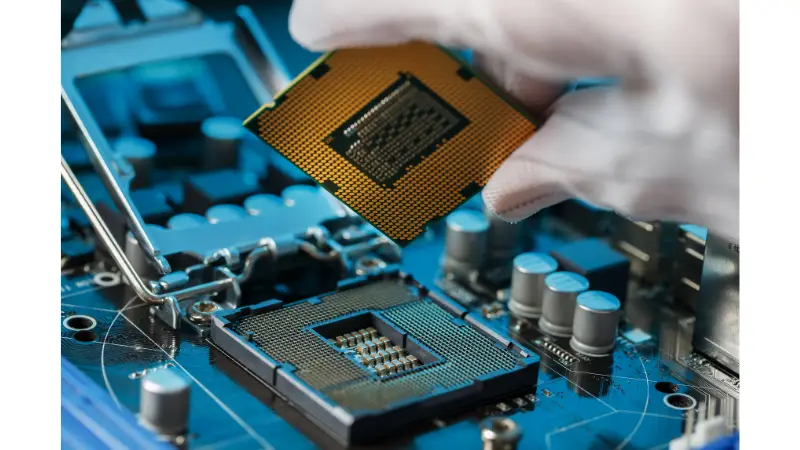
Key Features Of Lga1200
The LGA1200 CPU socket, also known as Socket H5, is designed for Intel’s 10th and 11th Gen desktop processors, offering enhanced power delivery and support for the latest technology. Here are the key features of LGA1200:
Enhanced Power Delivery
LGA1200 features enhanced power delivery capabilities, providing stable and efficient power to the CPU. With improved power delivery, it ensures optimal performance and reliability, particularly when paired with high-performance Intel processors.
Support For 10th And 11th Gen Intel Processors
LGA1200 offers compatibility with both 10th and 11th Gen Intel processors, providing users with a wide range of options to choose from. Whether it’s for gaming, content creation, or professional applications, the socket supports the latest generation of Intel CPUs, ensuring seamless performance and future-ready capabilities.
Compatibility And Performance
With LGA1200 CPUs, compatibility and performance are crucial aspects to consider when building a system. Understanding the motherboard compatibility and performance benefits of these processors can help users make informed decisions about their hardware. Let’s take a closer look at these factors.
Motherboard Compatibility
The LGA1200 CPUs are designed to be compatible with motherboards featuring the Intel 400 series chipsets such as H410, B460, and Z490. It’s essential to ensure that the selected motherboard supports the specific CPU model to avoid compatibility issues and maximize performance.
Performance Benefits
- Enhanced Processing Power: LGA1200 CPUs offer improved processing capabilities, delivering faster and more efficient performance for diverse computing tasks.
- Advanced Graphics Support: These processors provide support for integrated Intel UHD graphics, offering smooth visuals for multimedia and gaming experiences.
- Optimal Memory Support: With support for DDR4 memory technology, LGA1200 CPUs facilitate seamless multitasking and enhanced overall system responsiveness.
- Overclocking Potential: Users can unlock the overclocking potential of these CPUs to push the performance boundaries and achieve higher clock speeds.
Upgrading To Lga1200
Thinking about upgrading your CPU? Look no further than the LGA1200 socket. Designed for 10th and 11th generation Intel processors, the LGA1200 offers improved performance and enhanced features that will take your computing experience to the next level. In this guide, we will discuss the considerations and steps for upgrading to LGA1200, ensuring a smooth and successful transition.
Considerations Before Upgrading
Before diving into the upgrade process, it’s important to consider a few key factors to ensure a seamless transition:
- Compatibility: Check if your motherboard supports the LGA1200 socket. This information can usually be found in the motherboard manual or specifications online.
- Processor Compatibility: Verify that your desired processor is compatible with the LGA1200 socket. It’s crucial to double-check the specific compatibility requirements to avoid any issues.
- Power Supply: Ensure that your power supply can handle the power requirements of the new CPU. Upgrading to a more powerful CPU may require upgrading your power supply as well.
- Cooling Solution: Consider whether your current cooling solution, such as a CPU cooler or liquid cooling system, is sufficient for the upgraded CPU. Some high-performance processors may generate more heat and require enhanced cooling capabilities.
Steps For Upgrading
Now that you’ve taken the necessary considerations into account, let’s dive into the step-by-step process of upgrading to LGA1200:
- Preparation: Gather all the necessary tools, including a screwdriver, thermal paste, and any additional components required for the upgrade.
- Backup: Before proceeding with any hardware changes, it’s essential to back up your data to prevent any potential loss or data corruption.
- Shut Down: Turn off your computer and unplug all cables connected to the CPU unit.
- Accessing the CPU Socket: Remove the side panel of your computer case and locate the CPU socket on the motherboard.
- Removing the Old CPU: Carefully unlock the CPU socket and remove the old CPU by gently pushing the retention lever to release it.
- CPU Installation: Align the notches on the new LGA1200 CPU with those on the CPU socket. Gently place the CPU into the socket and close the retention lever to secure it in place.
- Applying Thermal Paste: Apply a small amount of thermal paste evenly on the top of the CPU to ensure proper heat transfer to the cooler.
- Cooler Installation: Attach the CPU cooler or liquid cooling system, following the manufacturer’s instructions. Make sure it is firmly and securely fastened.
- Finalizing: Put the side panel back on your computer case, reconnect all cables, and plug in the power supply.
- Power On: Turn on your computer and verify that the new CPU is recognized by checking the system information or BIOS settings.
Congratulations! You have successfully upgraded to the LGA1200 CPU socket, unlocking a world of improved performance and capabilities for your computer.
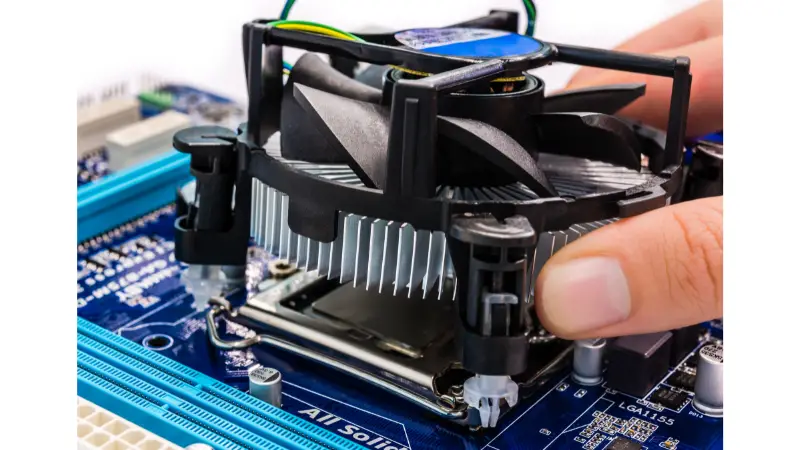
Future Of Lga1200
LGA1200 CPUs have a bright future ahead with the potential for new chipsets. As technology advances, manufacturers continually strive to push the boundaries of performance and efficiency. This leads to the creation of new chipsets that enhance the capabilities of LGA1200 CPUs.
With new chipsets, users can expect improved features, increased overclocking potential, and better power efficiency. These advancements enable LGA1200 CPUs to handle demanding applications and provide a seamless multitasking experience.
The future of LGA1200 CPUs is further strengthened by their longevity and extensive support. As a well-established platform, LGA1200 CPUs have a proven track record of reliability and compatibility.
Intel, the driving force behind LGA1200 CPUs, ensures consistent updates and support for their processors. This means users can expect ongoing firmware and software optimizations, bug fixes, and compatibility improvements to ensure their LGA1200 CPUs stay up-to-date for years to come.
Additionally, the long lifespan of LGA1200 CPUs ensures that they will remain relevant and capable of meeting future computing demands. This is particularly beneficial for users who do not frequently upgrade their systems, as they can rely on the LGA1200 platform to provide powerful performance for an extended period.
Frequently Asked Questions For Lga1200 Cpu
What Is An Lga1200 Cpu?
An LGA1200 CPU is a type of processor that uses the LGA1200 socket for installation on a motherboard. It is compatible with Intel’s 10th and 11th generation processors and offers improved performance and features compared to previous generations.
What Are The Benefits Of An Lga1200 Cpu?
An LGA1200 CPU offers several benefits, including improved performance, support for faster memory, and compatibility with the latest technologies. It also allows for future upgrades without changing the motherboard, making it a cost-effective choice for users.
How Do I Install An Lga1200 Cpu?
To install an LGA1200 CPU, first, ensure that your motherboard supports this socket type. Then, remove the old CPU, apply thermal paste to the new one, align the CPU with the socket, and gently secure it in place. Finally, reattach the heat sink and fan, and connect the necessary power cables.
Can I Use An Lga1200 Cpu With An Older Motherboard?
No, you cannot use an LGA1200 CPU with an older motherboard. LGA1200 CPUs require a compatible motherboard with the LGA1200 socket. Attempting to use it with an incompatible motherboard can result in damage to the CPU or motherboard.
Conclusion
The LGA1200 CPU is a powerful and efficient processor that is compatible with the latest motherboards. Its innovative design and advanced technology make it ideal for demanding tasks such as gaming and content creation. With its impressive performance and reliable stability, the LGA1200 CPU offers users a seamless computing experience.

